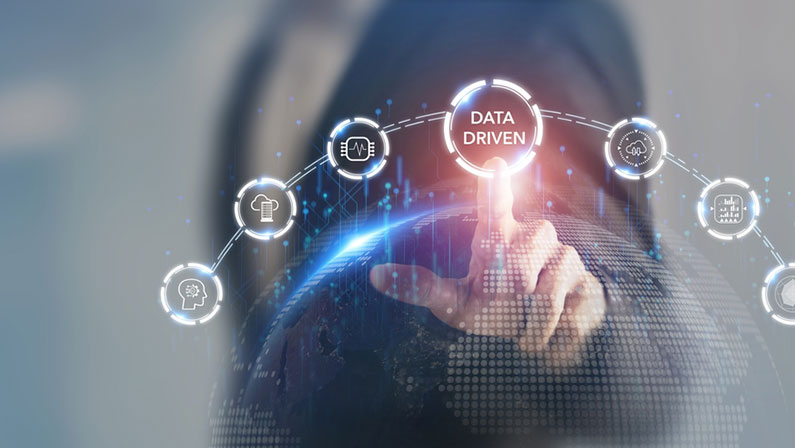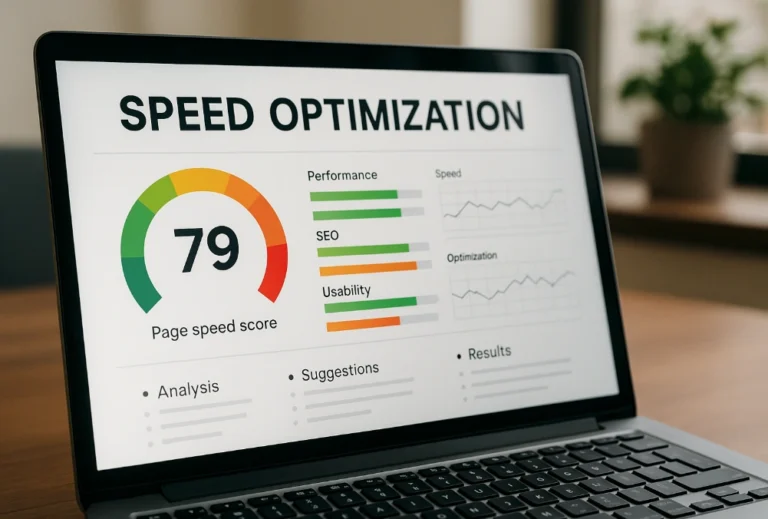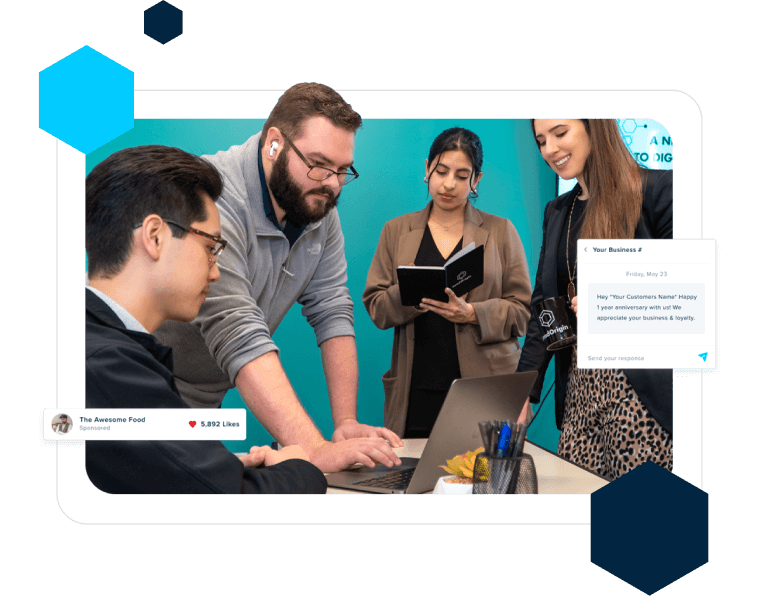Have you ever wondered how businesses are able to deliver personalized content, predict customer behavior, or streamline their marketing processes? The answer is artificial intelligence (AI). Today, AI plays a pivotal role in digital marketing, and its influence continues to grow.
According to a study by Salesforce, 60% of marketers now use AI to power their campaigns, reflecting the growing significance of AI in the industry. But what exactly is AI or Artificial Intelligence in digital marketing, and how can it benefit your business? In this comprehensive guide, we will explore how AI is reshaping the marketing landscape and why it’s essential for businesses to embrace AI-driven strategies to stay ahead.
What Is AI In Digital Marketing?
AI in digital marketing refers to the use of artificial intelligence technologies to automate processes, analyze large sets of data, and enhance decision-making. This includes everything from machine learning algorithms that predict customer behavior to AI-powered tools that optimize content delivery and improve customer experiences.
By leveraging AI, digital marketers can not only save time but also increase the accuracy of their campaigns. Whether it’s through chatbots providing customer support, AI-driven content personalization, or media buying automation, AI allows marketers to work smarter and more effectively.
Why Use AI In Digital Marketing?
As the digital marketing landscape becomes more complex and competitive, businesses need advanced tools to cut through the noise and deliver tailored experiences to their audience. AI offers an unique ability to process massive amounts of data, identify trends, and optimize marketing strategies in real-time.
The use of AI is now a necessity for businesses that want to stay competitive. Whether you’re a small business or a global enterprise, AI can help you reach your marketing goals faster and more efficiently. With AI, businesses can also benefit from features like predictive analytics and customer segmentation, which allow for more targeted marketing campaigns and, ultimately, better ROI.
What’s The Role of AI In Digital Marketing?
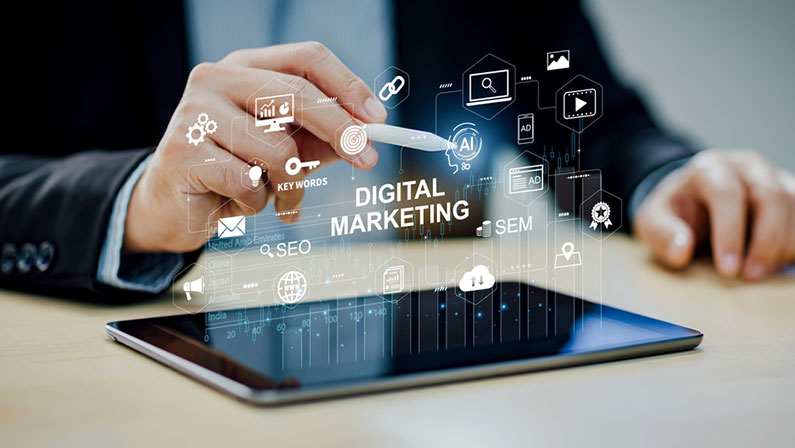
AI’s role in digital marketing is vast and multifaceted. Its ability to process data, automate tasks, and generate insights is transforming how businesses operate their marketing campaigns. Here are some key roles AI plays:
- Data Analysis: AI helps in analyzing vast amounts of consumer data to identify patterns, predict future behavior, and fine-tune campaigns accordingly.
- Automation: From chatbots to email campaigns, AI automates repetitive tasks, freeing up time for marketers to focus on strategy and creativity.
- Content Personalization: AI enables marketers to deliver personalized content tailored to individual customer preferences, increasing engagement and conversion rates.
- Customer Experience: AI-powered tools, such as chatbots and virtual assistants, enhance the customer experience by providing immediate, personalized assistance.
How to Use AI in Digital Marketing
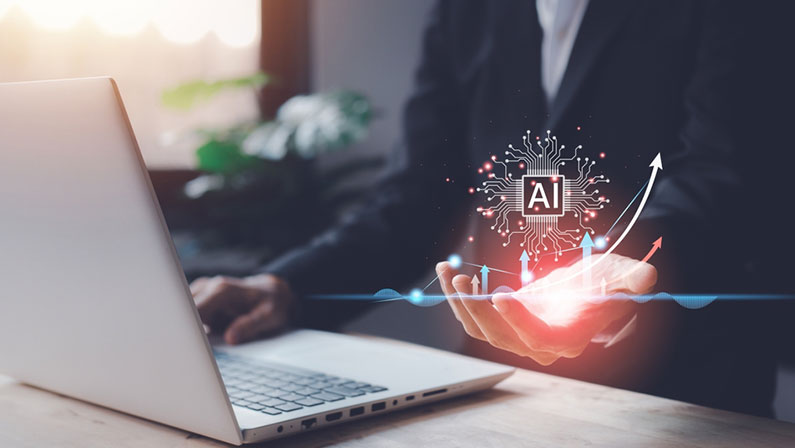
Now that we understand the role AI plays, let’s explore how you can implement AI in your digital marketing strategy to drive success.
Data Analytics
AI can analyze vast amounts of data in seconds, offering insights that can shape your marketing campaigns. Machine learning algorithms help you understand customer behavior, predict trends, and make data-driven decisions for more effective targeting.
Content Creation
AI tools can generate content based on specific inputs. From blogs to social media posts, AI content generators help marketers create engaging material quickly. Although human creativity is irreplaceable, AI can help streamline the process of content ideation and execution.
Reducing Admin Work
By automating repetitive tasks, AI allows marketers to focus on higher-level strategies. Tools like scheduling software and data entry automation can significantly reduce admin work, leading to increased efficiency.
Content Personalization
AI helps deliver the right content to the right person at the right time. Through predictive analytics, AI can recommend products, articles, or services that align with a user’s preferences, increasing conversion rates.
Media Buying
AI automates media buying, ensuring that ads are displayed to the most relevant audience at the optimal time. AI platforms like Google Ads for startups and Google Ads startup credits allow businesses to maximize their ad spend by targeting the most relevant audiences based on behavioral patterns.
Chatbots
AI-powered chatbots are now widely used in customer service to answer frequently asked questions, guide users through purchasing processes, and provide support in real time. This improves user experience and reduces the burden on human customer service agents.
Automated Email Marketing Campaigns
AI can personalize email campaigns based on user behavior, ensuring that customers receive relevant content at the right moment. AI-powered email tools can also analyze engagement rates, open rates, and click-through rates to optimize future campaigns.
Predicting Customer Behavior
AI uses predictive analytics to anticipate customer actions based on past behavior. Whether it’s predicting when a customer will make their next purchase or identifying at-risk customers, predictive analytics can help marketers tailor their strategies accordingly.
Improving Customer Experience
AI-driven tools like chatbots, recommendation engines, and personalized content help create a seamless and satisfying customer journey. This not only enhances customer retention but also improves brand loyalty.
Pros & Cons of AI In Digital Marketing
While AI presents numerous benefits, it’s important to consider both its advantages and limitations as well. Here’s a breakdown of the advantages and disadvantages of AI in your digital marketing campaigns:
AI Marketing Pros
Benefits of AI in digital marketing include:
Increase ROI
AI can improve the effectiveness of your marketing campaigns, driving better results and increasing ROI. AI tools like Google Ads for startups help businesses make the most of their marketing budgets by optimizing ad spending through automation.
Increased Productivity
By automating repetitive tasks, AI frees up time for marketers to focus on strategic activities. AI tools that manage data entry, customer service, and scheduling tasks can significantly enhance overall productivity.
Enhanced Efficiency
AI-driven tools can analyze data faster than any human, allowing marketers to make informed decisions quickly. This leads to more agile marketing processes and faster turnaround times on campaigns.
Better Customer Experience
AI allows businesses to personalize every touchpoint in the customer journey, providing a tailored experience that drives engagement and conversion. AI chatbots, for example, provide real-time responses to customer inquiries, enhancing overall satisfaction.
Data-Based Marketing Decisions
AI helps marketers make data-driven decisions by analyzing customer data, identifying trends, and recommending optimal strategies. This reduces guesswork and ensures that marketing decisions are based on accurate insights.
AI Marketing Cons
Challenges of AI in digital marketing include:
Content Quality & Accuracy
While AI tools can create content quickly, there is often a trade-off in terms of quality and accuracy. AI-generated content may lack the nuance and creativity that human writers bring to the table.
Data Privacy
With AI tools heavily relying on data collection and analysis, there are legitimate concerns about data privacy. Companies need to ensure they comply with regulations such as GDPR to protect customer data.
Copyright Concerns
When using AI to create content or other materials, there may be issues surrounding the ownership of that content. This can lead to potential copyright disputes, particularly when content is generated from external sources.
Lack of Personalization
Although AI can personalize content to some extent, it still lacks the human touch that can make messaging feel truly personal. Over-reliance on AI might result in campaigns that feel automated and impersonal.
Dependence & Overreliance on AI
AI can be a powerful tool, but over-reliance on it can lead to complacency. Marketers should avoid using AI as a crutch and ensure that human oversight is maintained throughout the marketing process.
Transparency
AI-driven processes often lack transparency, making it difficult to understand how decisions are made. This can pose challenges in building trust with customers and stakeholders.
How Is AI Changing The Marketing Industry?
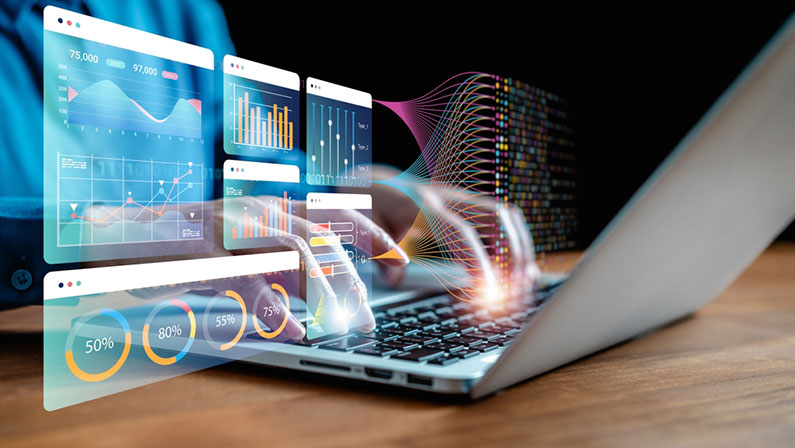
AI is transforming the marketing industry by automating tasks, improving personalization, and enhancing data-driven decision-making. In fact, marketers now rely on AI to predict trends, target customers more effectively, and optimize their campaigns for better performance. With tools like Google Ads startup credits and automated media buying, businesses can scale their marketing efforts with minimal human intervention.
How Can AI Scale Your Marketing?
Wondering how AI can scale your marketing campaigns? Here are a few tips:
Targeted Content Creation
AI helps marketers create highly targeted content that resonates with specific audiences. By analyzing user behavior, AI can recommend the type of content most likely to engage your target demographic.
Data-Driven Insights
AI processes vast amounts of data quickly, offering insights that drive smarter marketing decisions. These insights can inform everything from customer segmentation to product recommendations.
Automation of Routine Tasks
By automating tasks such as email marketing, data entry, and ad buying, AI allows businesses to scale their marketing efforts without increasing their workload.
Continuous Optimization
AI tools offer continuous optimization by analyzing campaign performance in real-time and making adjustments to improve results. This ensures that marketing campaigns are always performing at their best.
Learn To Embrace AI In Your Digital Marketing Strategy
Businesses that embrace AI-driven tools and strategies will not only stay competitive but also achieve better results in their campaigns. Whether it’s through automating routine tasks or delivering personalized content, AI allows marketers to work smarter and drive more impactful results.
If you’re not sure where to begin, partner with a trusted expert in AI for digital marketing like LeadOrigin. LeadOrigin is a leader in AI-powered digital marketing, providing tailored solutions for businesses of all sizes. With offices in Houston, TX, Chicago, IL, and Palo Alto, CA, we help local, national, and enterprise-level clients optimize their marketing strategies through AI-driven solutions.
Are you a startup looking to utilize Google Ads startup credits or an established brand seeking to enhance your customer experience? Learn more about how LeadOrigin can transform your digital marketing efforts, check out their AI-powered solutions for Google Ads for startups, or book a free consultation today.
